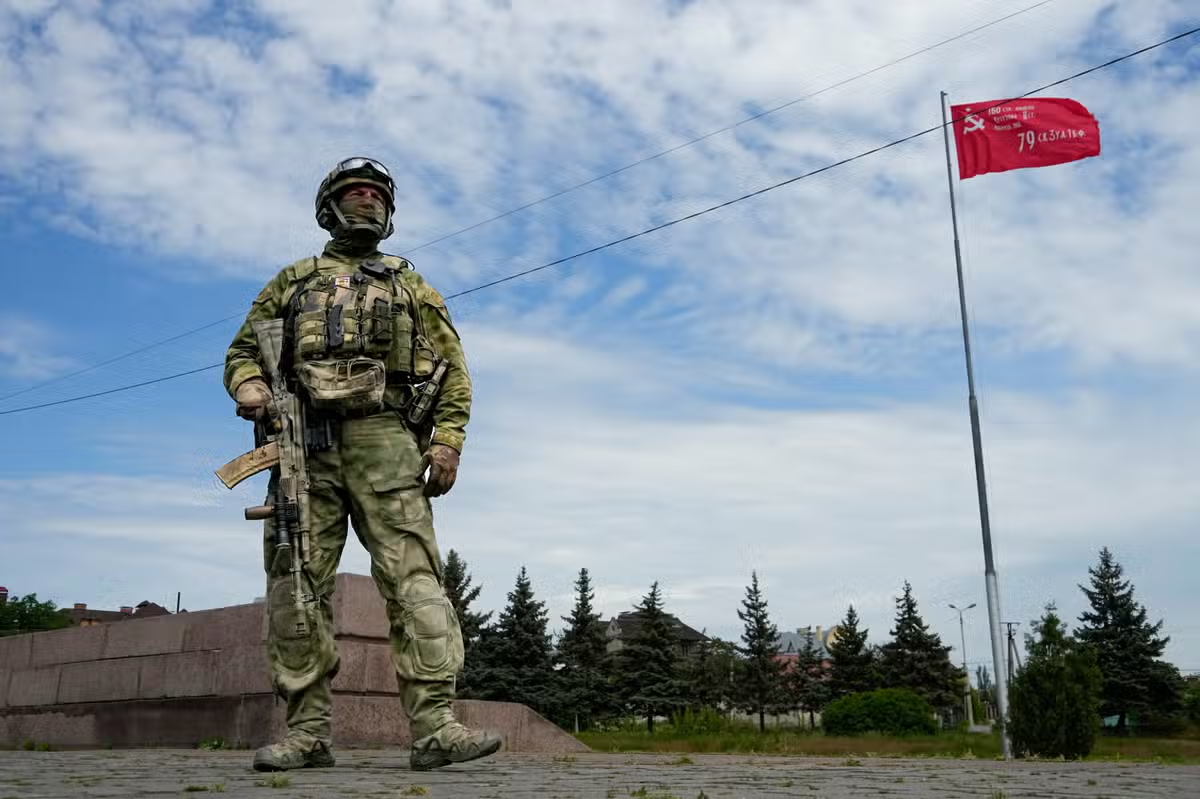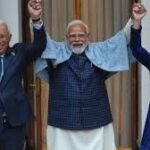Russia, is now facing a shortage of soldiers, historically known for its formidable military power, is currently facing a significant challenge. This issue, rooted in a combination of demographic changes, socio-economic factors, and the ongoing conflict in Ukraine, has prompted the Russian government to take unprecedented measures to bolster its armed forces. Recently, the government announced substantial financial bonuses for new army recruits, a move that underscores the severity of the situation and the lengths to which Russia is willing to go to address it.
The demographic crisis in Russia is one of the primary factors contributing to the shortage of soldiers. The country has been experiencing a declining birth rate for several decades, leading to a smaller pool of young men eligible for military service. This demographic decline is compounded by high mortality rates and a significant emigration of young Russians seeking better opportunities abroad. As a result, the number of potential recruits has dwindled, creating a gap that the Russian military is struggling to fill.
In addition to demographic challenges, socio-economic factors play a crucial role in the recruitment difficulties faced by the Russian military. The attractiveness of military service has diminished over the years due to the relatively low pay, harsh conditions, and the risks associated with combat roles. Many young Russians prefer to pursue higher education or careers in the civilian sector, where they perceive better prospects and safer working conditions. The economic hardships exacerbated by international sanctions and internal economic policies have also made it difficult for the government to offer competitive incentives to potential recruits.
The ongoing conflict in Ukraine has further strained Russia’s military resources. Since the annexation of Crimea in 2014 and the subsequent involvement in the eastern Ukraine conflict, the Russian military has been heavily engaged, leading to significant casualties and a constant need for replenishment of personnel. The invasion of Ukraine in February 2022 marked a significant escalation, resulting in a protracted and intense conflict that has placed an enormous burden on the Russian armed forces. The high casualty rates and the length of the conflict have made it increasingly challenging to maintain troop levels, prompting the government to seek new ways to attract recruits.
In response to these challenges, the Russian government recently announced substantial financial bonuses for new army recruits. This initiative aims to attract more young Russians to military service by offering a lucrative incentive package. The bonuses are designed to provide immediate financial relief and long-term benefits, including housing allowances, educational opportunities, and healthcare provisions. By addressing some of the socio-economic concerns that deter potential recruits, the government hopes to make military service a more attractive option.
The announcement of financial bonuses is part of a broader strategy to revitalize the Russian military and ensure its operational readiness. The government has also introduced measures to streamline the recruitment process, reduce bureaucratic hurdles, and improve the overall conditions of service. There are efforts to modernize military infrastructure, enhance training programs, and provide better equipment to the troops. These measures are aimed not only at attracting new recruits but also at retaining existing personnel and improving their overall morale and effectiveness.
However, the introduction of financial incentives alone may not be sufficient to address the underlying issues. The effectiveness of this strategy depends on several factors, including the stability of the Russian economy, the perceived legitimacy of the military’s role in ongoing conflicts, and the government’s ability to follow through on its promises. Additionally, the broader societal attitudes towards military service and the overall political climate will play a crucial role in determining the success of these measures.
Public perception of the military and the ongoing conflicts is a critical factor in recruitment efforts. The Russian government’s narrative around the Ukraine conflict, framed as a necessary measure to protect national interests and counter Western aggression, has found support among some segments of the population. However, there is also significant opposition and skepticism, particularly among the younger generation who question the rationale and human cost of the war. The government’s ability to maintain public support and counter negative perceptions will be essential in attracting new recruits.
Internationally, Russia’s military recruitment challenges and the recent announcement of financial bonuses are being closely watched. Western analysts see these measures as indicative of the pressures faced by the Russian military and the potential vulnerabilities that may arise from a prolonged conflict in Ukraine. The effectiveness of Russia’s recruitment strategy will have significant implications for the country’s military capabilities and its geopolitical standing.
In conclusion, Russia is facing a critical shortage of soldiers due to demographic declines, socio-economic challenges, and the ongoing conflict in Ukraine. The government’s recent announcement of financial bonuses for new recruits reflects the urgency of the situation and the need to attract and retain military personnel. While these incentives may provide some immediate relief, the long-term success of this strategy will depend on a range of factors, including economic stability, public perception, and broader societal attitudes towards military service. As the situation evolves, the effectiveness of these measures will be crucial in shaping the future of Russia’s military and its ability to navigate complex geopolitical challenges.





Leave a Reply